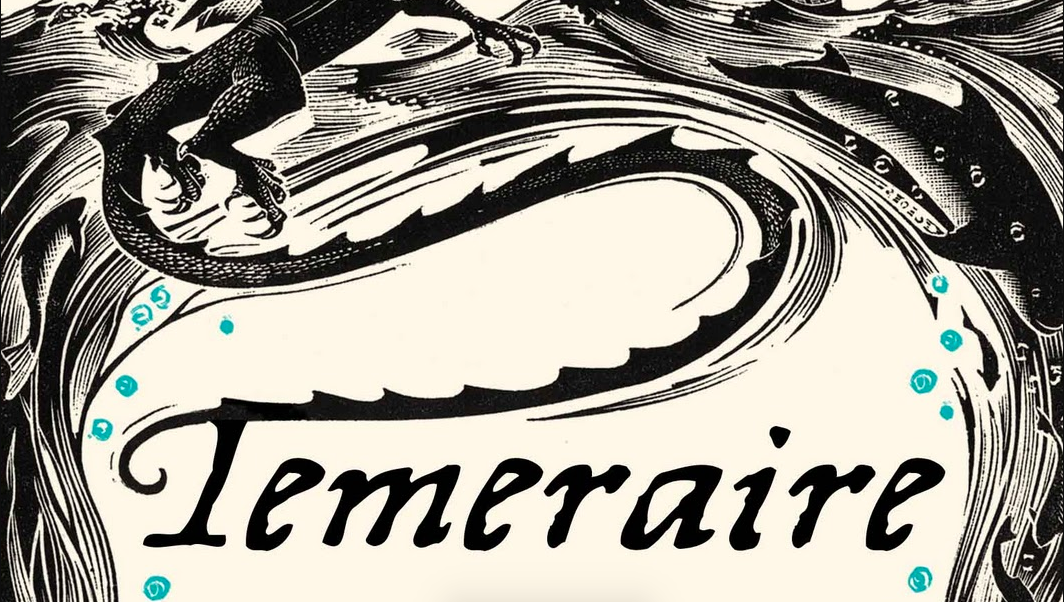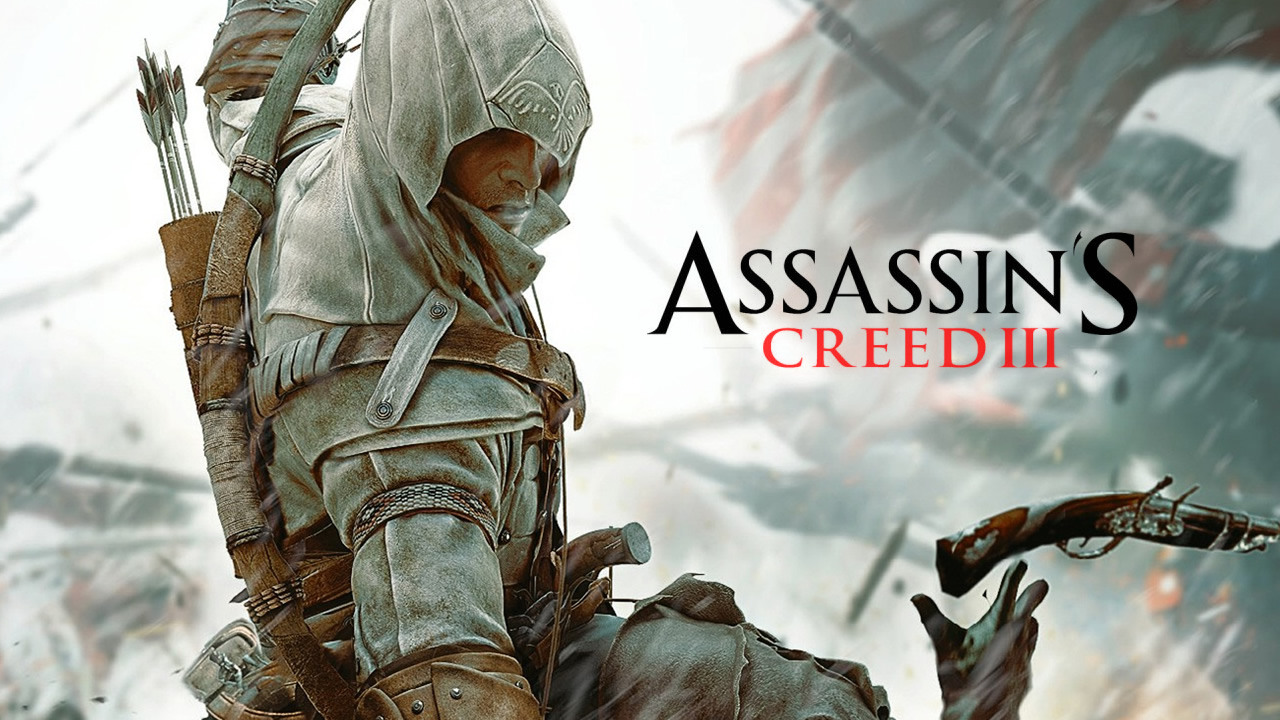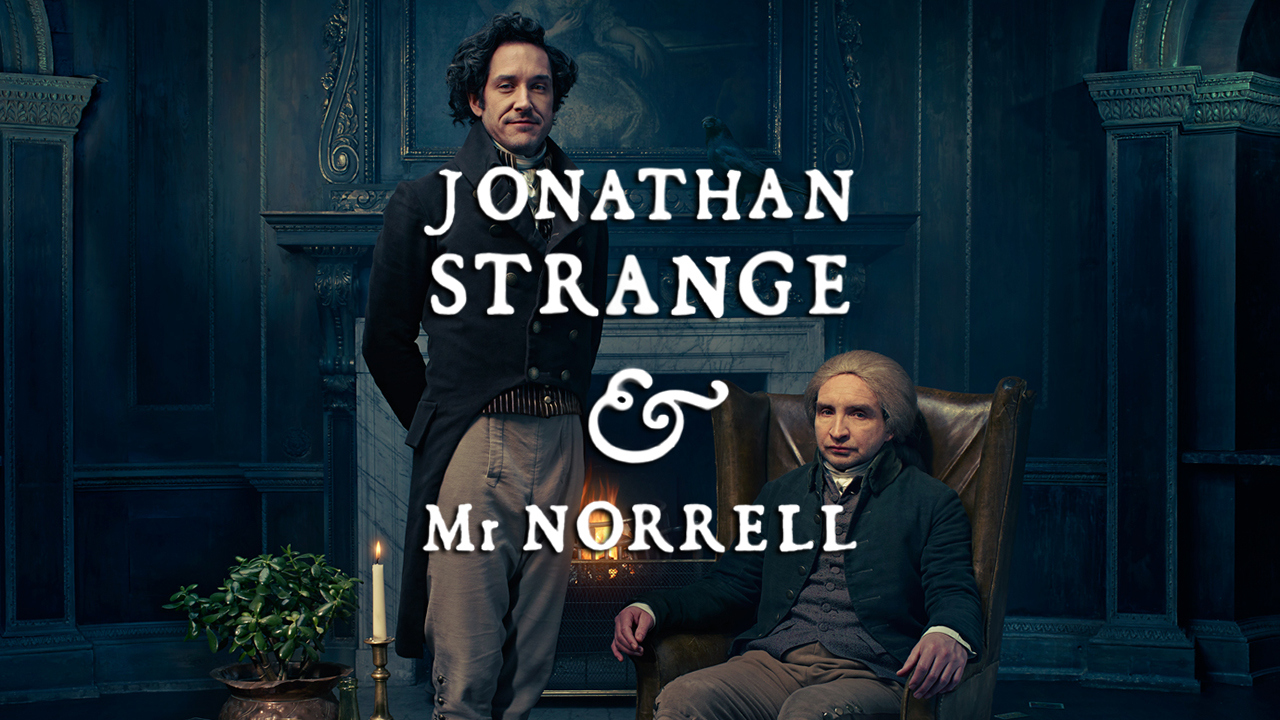
I’m a historian and a fantasy fan. This means I’m lucky, in a way, because there’s a ton of really cool alternative histories out there. What is alternative history? Well, it’s basically those “what if…” tangents that your history teacher in high school hated. There are alternative history video games, TV shows, books, comics – you name it. There are even tabletop roleplay games.
But there’s a good way to use alternative history and a bad way to use it. And it seems like the bad way is getting a lot more attention than it needs to right now.
HBO announced that Game of Thrones creators David Benioff and D. B. Weiss would be doing an alternative history where the South successfully secede from the Union and slavery is still a Thing That Is Happening In 2017. This is the very definition of bad alternative history.
First of all, slavery is still real and legal in the United States. The 13th Amendment to the United States Constitution reads: “Neither slavery nor involuntary servitude, except as a punishment for crime whereof the party shall have been duly convicted, shall exist within the United States.” African Americans are five times more likely to be incarcerated than white people in America.
We don’t need an HBO show to show us what slavery in 2017 looks like. We already know what it looks like.
Authors more concise than I have written about this – in particular, I recommend Roxane Gay’s opinion piece in The New York Times, “I Don’t Want to Watch Slavery Fan Fiction” – but what I can do is offer alternative histories that do good work.
Temeraire by Naomi Novik

Temeraire is, on the tin, a very traditional sort of alternative history. Its formula seems simple: the Napoleonic Wars plus militarized dragons. But it’s so much more than that.
The story of the Temeraire centers on the relationship between Captain Will Lawrence and the dragon he forms an unbreakable bond with, Temeraire. Lawrence goes from a captain in the British Navy to a captian in what’s called the Aerial Corps. The Aerial Corps is unique, in Novak’s world. Class standing doesn’t affect a person’s ability to join and succeed and women can be captains. In fact, some dragons will only take female captains.
But not only does Temeraire deal with British conventions of gender and class – the series is global in its reach. In the sequel books, Lawrence and Temeraire are forced to grapple with English colonialism abroad.
There’s a joke in the Temeraire fandom that there’s “ain’t no party like a Temeraire party, cuz a Temeraire party don’t stop until Laurence finds himself facing inner turmoil regarding the context of his his social/cultural upbringing.”
Assassin’s Creed III

Assassin’s Creed is an interesting franchise built entirely on alternative history. But my favorite’s Assassin’s Creed III because of Connor Kenway, who is also known by his birth name: Ratonhnhaké:ton. He is half-British and half-Mohawk and he’s fighting the Templar’s attempts to gain control in the colonies. He’s an indigenous man, fighting against colonial forces. Sure, the Templars aren’t the British (literal colonizers) but they are a figurative colonizing force.
The amount of detail, respect, and care that Ubisoft put into telling Ratonhnhaké:ton’s story is incredible. Ratonhnhaké:ton is not just labeled as “Mohawk”. The weapons he uses and the clothing he wears are all as authentic as possible. Ubisoft brought inThomas Deer, the cultural liaison for the Kanien’kehá:ka Onkwawén:na Raotitióhkwa Language and Cultural Center to make sure the dialogue spoken in Mohawk was authentic and accurate.
Assassin’s Creed III utilizes its traditionally rather white and European-centric alternative history model to prioritize the story of an indigenous man who is forced to move between the spaces of his tribe and the colonial landscapes of Revolutionary War-era America. It’s awesome. It’s the best thing ever.
Jonathan Strange & Mr. Norrell

Jonathan Strange & Mr. Norrell is an interesting alternative history. The premise is, much like Temeraire, set in the Napoleonic Wars. However instead of dragons being real, magic is. Both the novel and the television adaptation deal with concepts of Englishness and English identity.
The novel is a pastiche of many Romantic and Regency writings and features over 200 footnotes on the magic. Jonathan Strange & Mr. Norrell inverts traditional English tropes from the Industrial Revolution; the North is romantic and magical, rather than rational and concrete.
But my favorite parts of this alternative history is the way both Strange and Norrell become almost villains of the story. Both men marginalize and oppress the poor, women, and people of color to gain power. This is the inherent ‘Englishness’ of the men. Women are enchanted to never be able to speak clearly; the fey are ‘noble savages’ who become enslaves. But when the time comes to defeat the antagonist, Strange and Norrell are impotent. It’s those that Strange and Norrell marginalized who save the day.
Alternative history is a place for examining our problematic pasts. Historians like to use the Mark Twain quote “History doesn’t repeat itself, but it does rhyme,” quite a bit. Alternative histories help remind us of this.
That’s why shows like Confederate make me nervous and angry. As far as I am able to guess, there is nothing to be learned from the show. Slavery is still real. Acting like it isn’t only contributes to the longest-running serialized alternative history of all time: American Identity.



![[REVIEW] DUPLICANT #1 AND #2](https://geekd-out.com/wp-content/uploads/2020/01/DP-2-pdf-98x150.jpg)